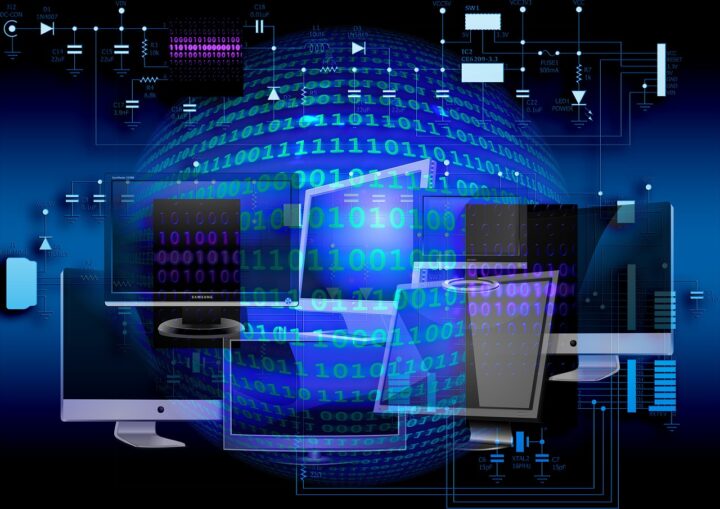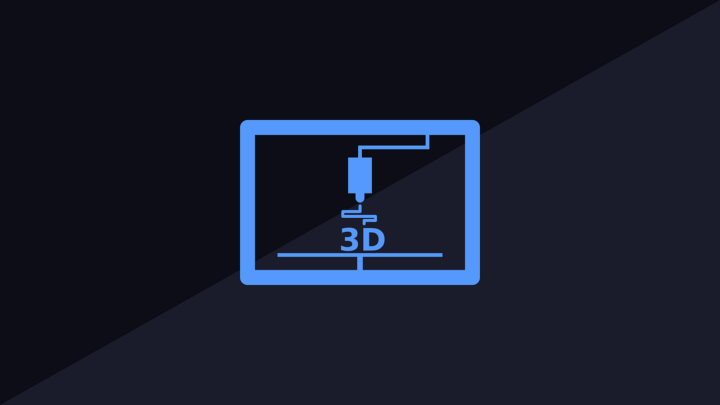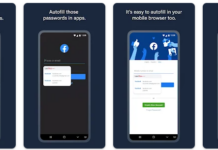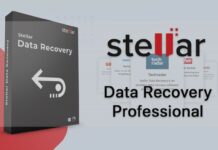New technologies emerge daily, revolutionizing customer interactions and increasing general efficiency. Businesses are taking it in their stride; We’ve already adopted technologies in everyday life that would have seemed like magic just a few years ago.
But are all new technologies beneficial? Let’s take a quick look at how businesses boost productivity and maximize profits in ways that may harm the unwary business owner.
Artificial Intelligence

Artificial intelligence (AI) and machine learning (the ability of machines to learn and act intelligently) already loom large in our everyday lives. Think about the Internet of Things, facial recognition, robotics, automation, or self-driving cars.
On a slightly creepier note (unless you are a marketer, of course), think about how companies track every internet search you make. For example, Google’s tracking network knows everything about you. It uses the information to boost product sales and recommend music and video. They can even predict how you’ll vote and how many children you’ll have!
Besides the obvious dangers of countries competing to turn AI into deadly autonomous weapons, AI will also transform human jobs. It will lead to the displacement of many jobs, even as AI improves our working lives. New jobs will have to arise to replace displaced jobs.
Low-code/No-code technologies
The enterprise software market is exploding with software solution platforms. It allows developers to create sophisticated applications with minimal coding. As a result, businesses can quickly build digital solutions and automate complex processes without learning programming languages.
However, it has also caused an explosion in fake mobile apps. These platforms make it easy for hackers and scammers to develop deceptive applications to steal passwords, financial information, and other private data. Not even the best mobile VPN can protect users against poor choices and malicious apps in the official app stores! However, they are still one of the best tools to fight hackers!
Extended Reality (XR)
Some headlines about Meta’s stubborn focus on Extended reality (XR) speculate that Mark Zuckerberg is trying to create a real-life “Ready Player One.” But critics forget that we’re already using XR for immersive try-before-you-buy shopping and learning – and that we’ve been playing Pokemon Go for years.
XR’s primary challenge is the complete loss of privacy to immersive tools. XR devices collect a lot of data about the user, including location and biometric data. This data can be sold to third parties (looking at you, Mark Zuckerberg) and used for targeted advertising. In the wrong hands, people can also use the data for more nefarious purposes like stalking or identity theft.
Human-Computer Interfaces
We’re not yet part human, part machine, but wearable devices and medical technology such as robotic prosthetics already improve our daily physical and mental performance. Wearables like fitness tracker bands and smartwatches are common, and smart clothing is starting to move onto the market.
Smart contact lenses will soon replace our trendy smart glasses. The smart contact lenses will, in turn, soon morph into smart eye implants. Will we soon have television shows like “Pimp my Bod” where we can show off the enhancements to our souped-up bodies?
3D Printing

3D printing (additive manufacturing) has been around for long enough that it needs no introduction. But cumulative advances in this technology now mean we can print food, houses, furniture, tools, weapons, and even human tissue for transplant.
There are severe downsides for intellectual property owners since counterfeiters can produce fake goods cheaply and easily.
The Internet of Things (IoT)
The Internet of Things (IoT) collects and transmits data from connected devices. That data can help companies develop better customer engagement strategies.
But IoT devices are often insecure and can be easily hacked. It’s important to limit how your IOT devices connect with the Internet and to provide an encrypted channel via VPN. Encryption will prevent hackers from gaining access to your personal data or controlling your devices.
Blockchain
Blockchain (distributed ledger technology) eliminates the need for intermediaries in banking and other industries where you need to maintain the integrity of your records. It reduces costs by removing third-party verification processes.
However, contrary to popular belief, cybercriminals can be tracked and caught via Blockchain transactions. You can’t create false information, so Blockchain is highly resistant to fraud and tampering. You can’t hide your transactions from banks, the police, or the taxman.
Cloud Computing
Cloud computing allows businesses of all sizes to store large volumes of information on remote servers via the Internet. Employees can access important files from anywhere worldwide. It’s a cheap and highly secure technology that protects business data with multiple levels of encryption technology.
The most significant disadvantage of cloud computing is that employees remain susceptible to phishing. Hackers can intercept unencrypted internet connections or trick employees into revealing their credentials to access everything in the cloud.
Keep up with technology to stay safe.
Technology is exciting, but it brings as many threats as benefits. It’s essential to keep up with new developments that can help us, but we should also be aware that new tech means new attack surfaces that could make businesses vulnerable to threats.

















